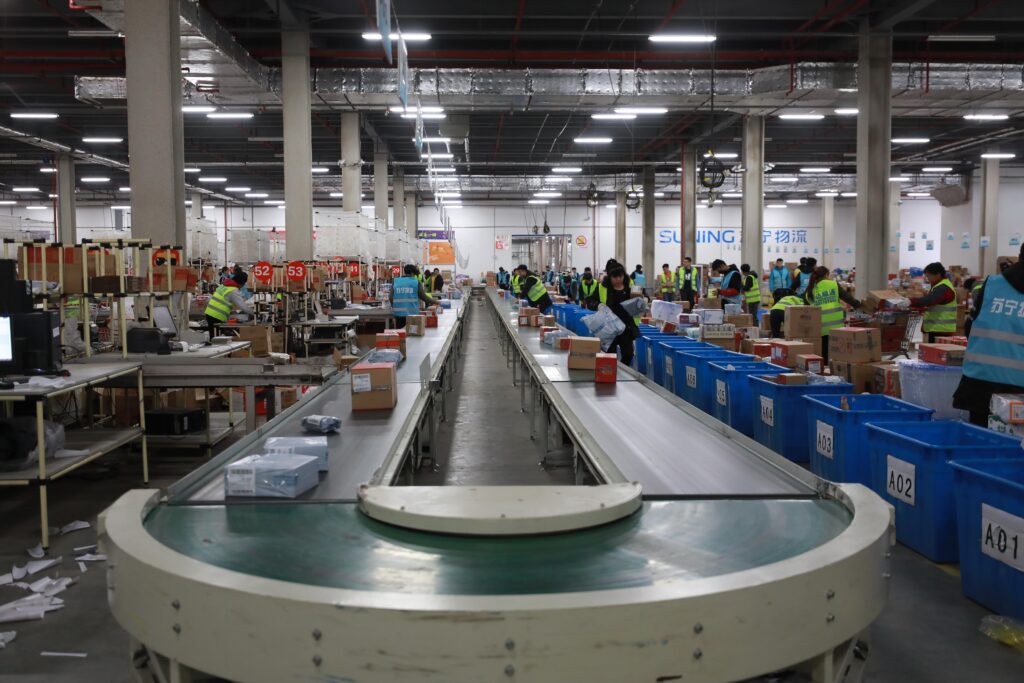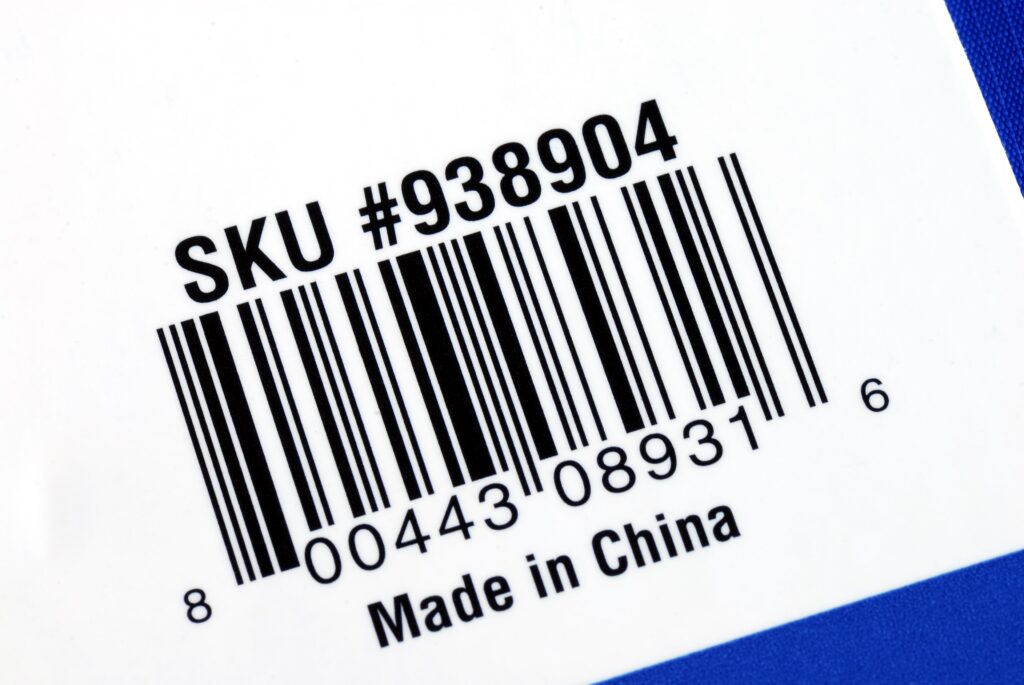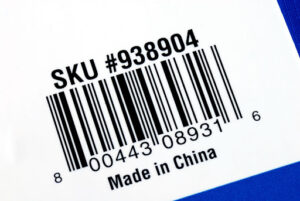As a brand or manufacturer, you may be considering manufacturing in China. There are many pros and cons to this decision, which you should weigh before making a final decision. Some of the pros include access to a large labor force, low costs, and a growing economy. However, there are also some potential drawbacks to consider, such as language barriers, intellectual property concerns, and political instability. Ultimately, it’s important to do your research and make the best decision for your company.
The pros of manufacturing in China include lower labor costs, less stringent environmental regulations, and a large potential market
Manufacturing goods in China has a number of advantages that make it an attractive option for businesses. Not only do Chinese labor costs tend to be significantly lower than those in other countries, but environmental regulations are often less stringent than they are elsewhere. That combination can help companies keep their production costs under control while ensuring they remain compliant with the law and regulatory requirements. An additional advantage is a size of the potential market in China, which means there is an abundance of opportunities for businesses wanting to expand their product reach.

The cons of manufacturing in China include language barriers, intellectual property concerns, and cultural differences
Manufacturing in China has its drawbacks, which include language barriers between management and employees, closely safeguarding intellectual property concerns often taken lightly by the local government and differing cultural norms which could lead to communication issues. When working with Chinese manufacturers it is important to take all of these factors into consideration to ensure a successful business venture. Familiarizing oneself with the culture and engaging in qualified legal representation is necessary to protect yourself against any potential pitfalls or gray areas within Chinese law that could put your company at risk.
How to decide if manufacturing in China is right for your business
When it comes to deciding if manufacturing in China is right for your business, there are several important factors to consider. Cost efficiency, quality control, and cultural differences all play a role in this decision-making process. It is essential to do research into resources, labor markets, and production costs before making a decision. Similarly, investigating potential changes in government regulations or trade policies should also be taken into account. Utilizing the services of an experienced sourcing agent can be extremely beneficial, as they can provide valuable insights into the complexities of doing business with Chinese manufacturers. Ultimately, careful consideration and an honest assessment of your company’s objectives will ensure you make the best decision for your business.
10 tips for success if you do choose to manufacture in China
If you decide to manufacture in China, it’s important to understand the risks and rewards associated with doing business there. Taking a few simple steps can make the process smoother and more successful. First, research the areas in which you will be manufacturing to become as familiar as possible with potential risks or opportunities. Second, do your due diligence on manufacturers, and look for information from reliable sources, such as published reviews, trade associations, and third-party organizations. Third, obtain all relevant certifications necessary for the products you intend to manufacture. Fourth, ensure that any agreements between yourself and your manufacturers are clear, accurate, and enforceable by both parties. Fifth, don’t be afraid to demand accountability if problems arise during production—whether it relates to quality control or cost overruns.

Sixth, establish a local presence so that firsthand oversight is more easily facilitated. Seventh, don’t hesitate to use third-party American service companies to assist with making connections with reputable vendors who have offices located outside of China. Eighth, bring in top quality assurance personnel during production operations whenever possible; frequently visit sites yourself if long distances make this prohibitively expensive or time-consuming for a full team. Ninth considers a random drop-in for product inspections or audits instead of people. Lastly, remember that communication is key: Keep lines of international communication open between yourself and the manufacturer at all times in order to stay abreast of any changes or developments along the way.
If you are considering manufacturing in China, the pros and cons listed above should be taken into consideration. Ultimately, the decision of whether or not to manufacture in China depends on your specific business needs. However, if you do choose to manufacture in China, there are some steps you can take to ensure a successful experience. These include building personal relationships, establishing clear communication channels, and being aware of cultural differences. Have you had any experience manufacturing in China? What tips would you add for success?




